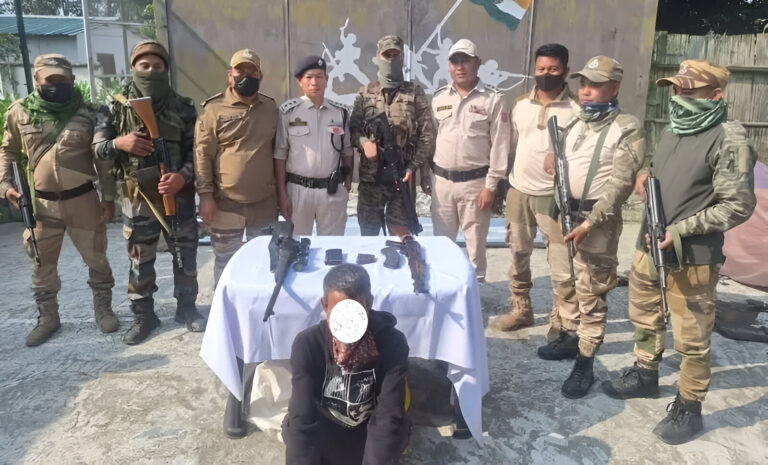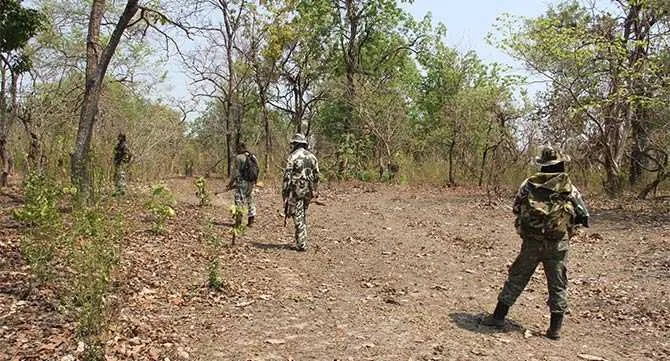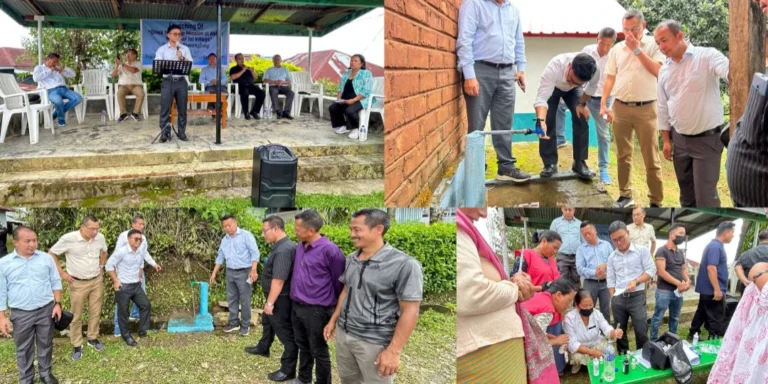Delhi Ashram Horror: 17 Students Allege Harassment by Swami Chaitanyananda in his Car and using as Fake Embassy Plates
Seventeen female students at a Vasant Kunj ashram-linked institute have alleged sexual harassment, lewd messages and unwanted physical contact by the institute’s director — identified in reports as Swami Chaitanyananda Saraswati (alias Partha Sarathy). The complaints say some wardens introduced the students to the accused, and victims allege that even some women faculty and administrative staff pressured them to comply. Police have analysed CCTV, carried out raids and seized a Volvo connected to the accused that bore a forged diplomatic-style plate; the accused is reportedly absconding and authorities are searching for him. The ashram’s parent institution has severed ties with him.
- Where: Vasant Kunj area, New Delhi — the complaints relate to a facility run under the banner of a Sri Sharda institute connected to a prominent Sharda Peetham.
- Who: The accused is identified as Swami Chaitanyananda Saraswati (Partha Sarathy), the director/manager of the Sri Sharda Institute of Indian Management at the Vasant Kunj unit.
- Who complained: Statements were recorded from 32 female students, of whom 17 have alleged specific acts of harassment — including abusive language, obscene WhatsApp/SMS messages, and forced physical contact. The students are reportedly enrolled in PGDM (Post-Graduate Diploma in Management) batches including those on EWS scholarships.
- Institutional ties: Victims say some wardens introduced them to the accused, and some women faculty/administrative staff allegedly pressured students to comply with the accused’s demands. These institutional connections make the case stickier and raise questions about oversight.
- Complaints & statements: Police say statements were recorded from 32 students; 17 made direct accusations of molestation and harassment. Those statements set the investigation rolling.
- CCTV and raids: Investigators analysed CCTV footage and conducted searches at the ashram premises and related addresses to gather corroborating evidence and recover any digital or physical traces.
- Vehicle seizure: During searches, police located and seized a Volvo belonging to the accused in the institute’s basement. The vehicle reportedly carried a forged diplomatic-style registration plate (39 UN 1) — a detail that has prompted additional scrutiny about how the accused presented himself and moved around.
- Accused absconding & manhunt: Despite raids, the accused is said to be absconding; officials have tracked his last known location near Agra and multiple police teams are searching for him.
- Institutional distancing: The parent institution (the Dakshinamnaya Sri Sharada Peetham, Sringeri) has publicly condemned the conduct attributed to the accused and severed ties with him, and the ashram administration reportedly removed and expelled him.
Frequently Asked Questions (FAQs)
1. Who is accused in the Vasant Kunj ashram case and how many students complained?
The accused is reported as Swami Chaitanyananda Saraswati (alias Partha Sarathy), manager/director of the Sri Sharda Institute unit in Vasant Kunj. Statements were recorded from 32 female students, of whom 17 alleged specific acts of harassment including obscene messages, abusive language and forced physical contact.
2. Is the accused in custody?
No — according to police reports the accused is absconding and was reportedly last traced near Agra; multiple teams are searching for him. Police have, however, seized a Volvo linked to him during raids.
3. What evidence have the police found so far?
Police say they analysed CCTV footage, conducted raids at the institute and related locations, and seized a Volvo from the institute’s basement that bore a forged diplomatic-style registration plate. These elements are part of the ongoing probe.
4. What has the ashram or parent institution done?
The Dakshinamnaya Sri Sharada Peetham (Sringeri) has publicly distanced itself from the accused and reportedly severed ties; the ashram’s administration removed and expelled him following the allegations.
5. What should other institutions do to prevent similar incidents?
They should set up independent grievance redressal mechanisms, perform rigorous background checks on staff and wardens, run mandatory training on harassment prevention, ensure easy and confidential reporting channels for students, and invite external audits to verify compliance.





